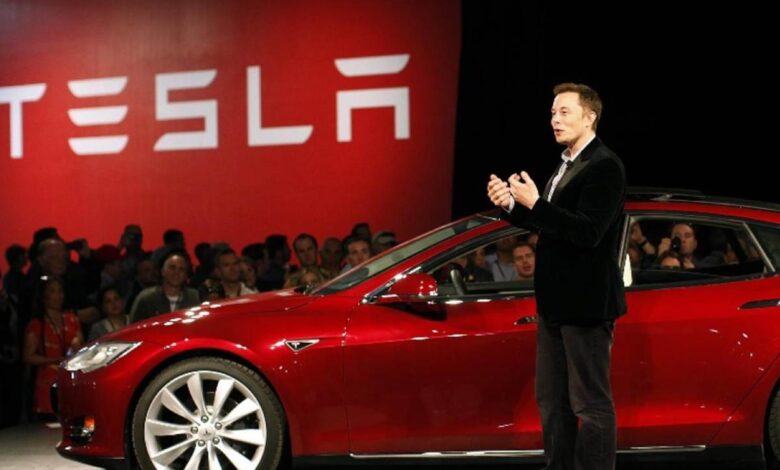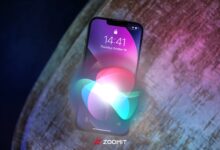Tesla wins again; The court rejected the charge of deception about the capabilities of the self-driving system

According to The Verge, Tesla has won a lawsuit that refutes the company’s self-driving system claims. The judge of this case announced that the claims Elon Musk Tesla’s CEO is mostly exaggerating about the company’s self-driving car and is not an example of a scam.
The case is particularly in the spotlight because of the far-reaching effects it could have on the self-driving car industry. Tesla, led by Elon Musk, has always claimed that the company’s Autopilot and Fully Autonomous Driving (FSD) systems can take autonomous driving to a new level. However, critics believe that these claims are overly optimistic and could lead to serious risks for drivers and pedestrians.
In the lawsuit, the plaintiffs allege that Tesla used misleading advertising to induce customers to buy cars that lacked the listed features. This has made many car owners feel cheated and that their cars are not as safe and efficient as expected.
The judge in the case found that many of Musk’s claims about self-driving capabilities were “corporate exaggeration” or hype about future products. The company’s other claims about self-driving systems can also be classified as “forward-looking statements”; Because they were referring to future expectations for this technology.
This legal victory for Tesla, in addition to the company’s victories in the past year for the self-driving system, will be very important for Musk and Tesla. That being said, Tesla is still under several legal investigations into claims related to autonomous driving and its performance and role in accidents on US roads, and Musk is expected to unveil Tesla’s fully self-driving robotaxi on October 10.
This case can be considered as a turning point in the self-driving car industry. With the increase in the number of self-driving cars on the roads, the need for more detailed rules and regulations to ensure the safety and efficiency of these cars is felt more. This lawsuit can serve as a warning to other car companies to be more careful in their advertisements and avoid providing false information.









